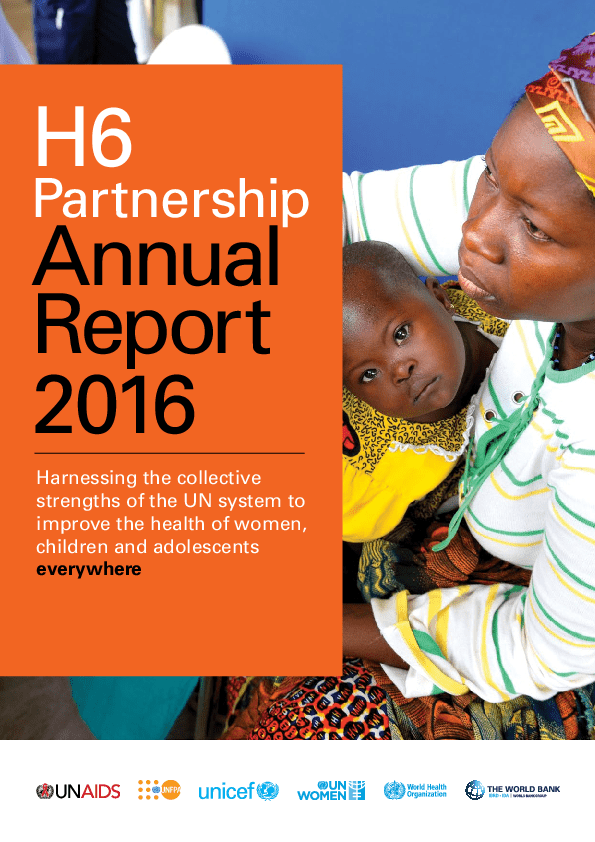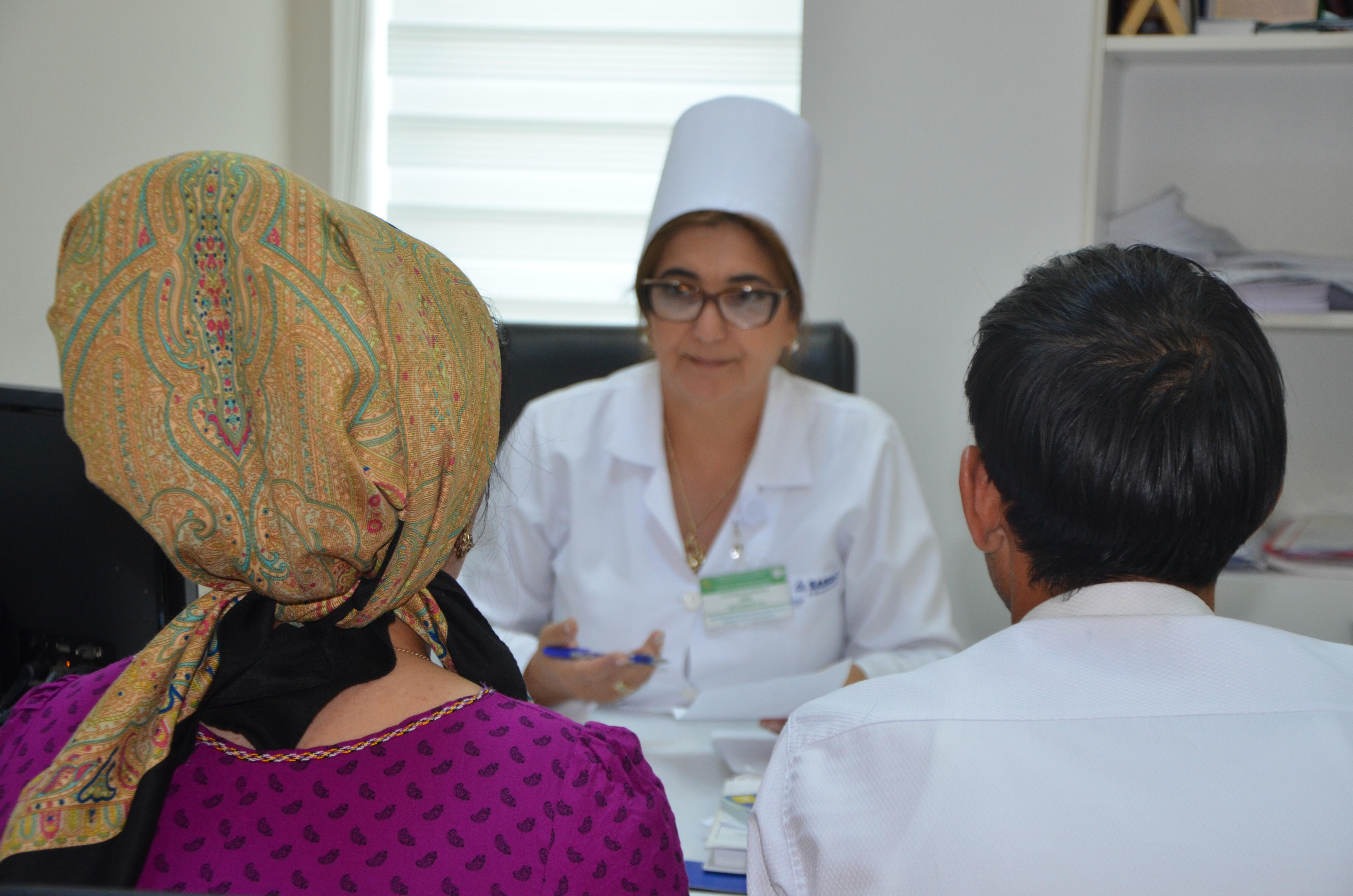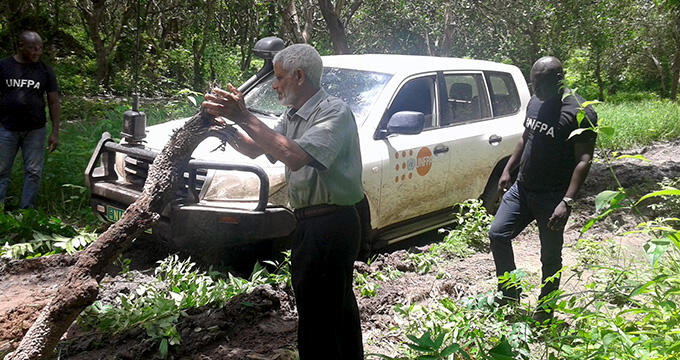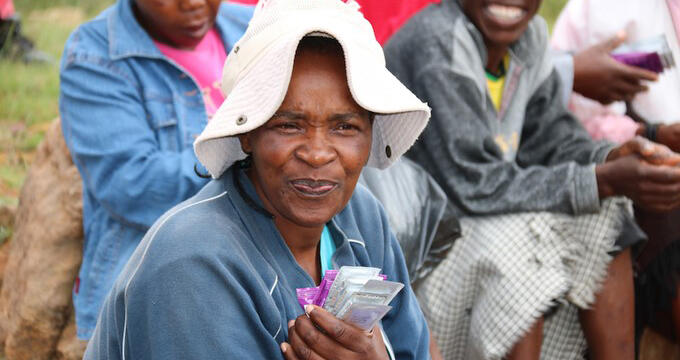The H6 Partnership, formerly known as H4+, builds on the progress made towards the Millennium Development Goals (MDGs) and contributes to the collaboration required to support countries as they move forward to achieve the Sustainable Development Goals (SDGs). This joint partnership of six UN agencies has been functioning since 2010 as the technical arm of UN Secretary-General’s Global Strategy for Women’s and Children’s Health, and subsequently the updated Global Strategy for Women’s, Children’s and Adolescent’s Health (2016–2030) – also known as the Every Woman Every Child movement. It focuses on 75 high-burden countries where more than 85 per cent of all maternal and child deaths occur, including the 49 lowest-income countries.
This report reviews progress made in 2016 and since the inception of the H6 Joint Programme collaboration with Canada and Sweden (Sida). The report features findings from a recent evaluation of this programme, which mobilized $99.76 million to provide catalytic and strategic support to national health systems to address the root causes of poor health outcomes in 10 countries: Burkina Faso, Cameroon, Côte d’Ivoire, the Democratic Republic of the Congo, Ethiopia, Guinea-Bissau, Liberia, Sierra Leone, Zambia and Zimbabwe.
The H4+ partners renamed their coalition the H6 Partnership, reflecting the full commitment and equal engagement of all six member organizations.





